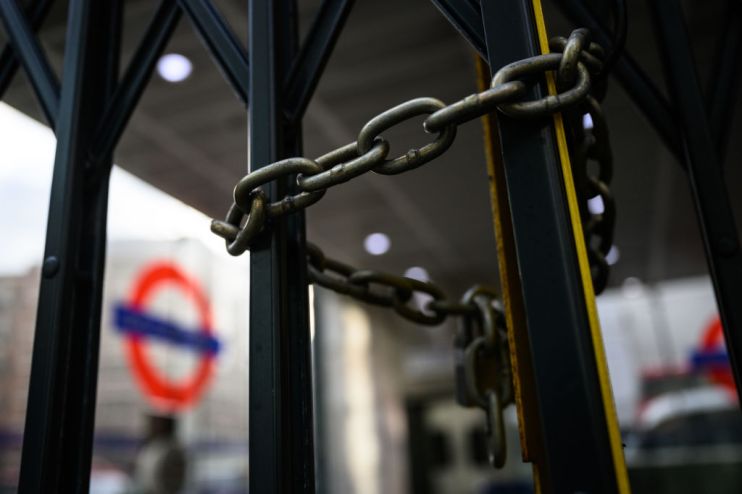TfL long-term funding discussions drag on

Discussions over the long-term funding of Transport for London (TfL) have dragged on, as the latest round of government funding was set to expire today.
TfL’s commissioner Andy Byford said the public body was still “in active discussion” with government officials to ensure that the funding proposal made was “fair and deliverable.”
“We hope these discussions can be concluded successfully soon,” he added.
TfL was given until today to have a look at the £3.6bn proposal put on the plate by transport secretary Grant Shapps in late July.
The secretary – who on 27 July said this was the government’s last offer – replied that the proposal remained on the table.
Shapps’s words were echoed by the Department for Transport (DfT) who said it is clear the government was committed “to supporting London’s transport network.”
“But this must only be done in a way that is fair and represents value for money for taxpayers across the country,” added a spokesperson.
The latest delay to finding a long-term solution to TfL’s financial woes led to widespread criticism.
Nick Bowes, chief executive of the Centre for London, said this was “no way to run a global city’s public transport authority.”
“Both sides need to sort this as soon as possible for the sake of London, so that the city at last has some certainty on the future of its transport network,” Bowes said.
Compared to international operators, the TfL network relies on fare revenues rather than government support and as a result of the pandemic, the public body saw its finances battered.
“Every other major transport system around the world receives central government funding, and London needs the same if it is to have a transport network that can continue to support homes, jobs, opportunities and economic growth,” Byford added.
If it were to go ahead, the long-term funding would avoid TfL – which is in need of an additional £927m for the remainder of the year – a “managed decline” scenario, which would include bus route cuts and underground service reductions.